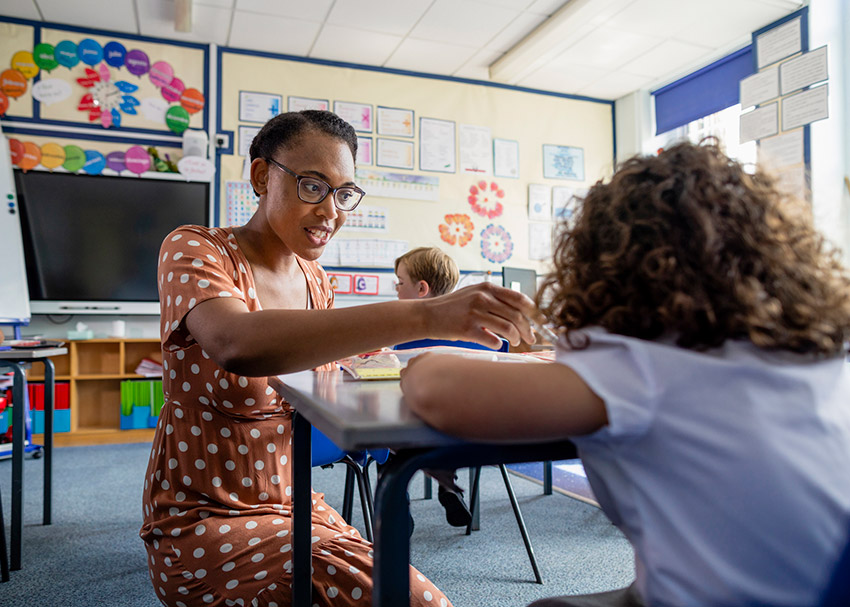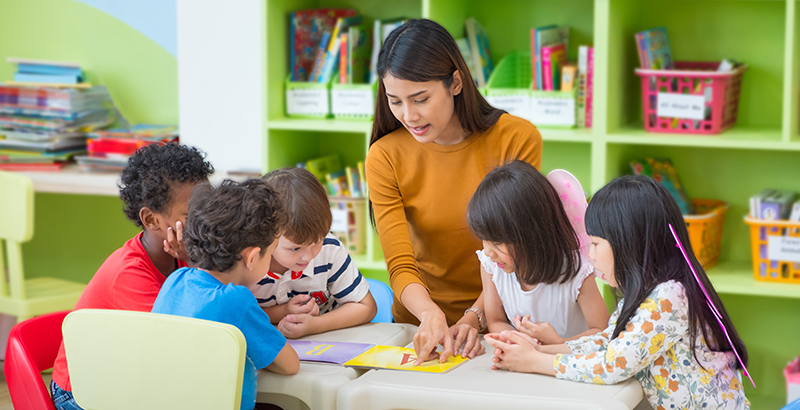
Fridah Moli,Teacher at Crawford International School
Building Trust Between Teachers,Pre-Teens and Teens
Fridah Moli, Teacher at Crawford International School
The beginning of a new term means learners will spend more time in school for the next three months than at home. There is a need for educators and learners, especially pre-teens and teens to establish a relationship that is based on trust for positive outcomes for learners.
Trust between learners and teachers is crucial, particularly for pre-teens and teenagers. They are at a stage where they are not only learning educational content but also navigating the complexities of social relationships, self-identity and emotional growth. For learners to thrive in this environment, it is essential to establish trust with their teachers. On the other hand, educators must be intentional in this process, which serves as the bedrock for effective learning and personal development.

For pre-teens and teens, trust in their teachers can significantly influence their academic performance, motivation and overall well-being.
When students trust their teachers, they feel safe and supported, allowing them to take intellectual risks, ask questions and engage fully in the learning process.
On the flip side, lack of trust can lead to disengagement, anxiety and reluctance to participate, which may hinder their academic and personal growth.
Teachers should employ different strategies when handling individual students as each child is a masterpiece. One of the most effective ways to build trust is through consistency. Students need to know that their teachers are reliable and will keep their word. This includes being punctual, prepared and fair in their engagements. This fosters a sense of security and trust.
Pre-teens and teens often feel misunderstood, or unheard, especially as they navigate the challenges of adolescence. Teachers need to actively listen by truly hearing and valuing their students’ thoughts and feelings. This involves giving students full attention, acknowledging their perspectives and responding thoughtfully. When a student feels heard, they are more likely to open up and engage.

Adolescence is a time of significant emotional and psychological changes. Empathy and understanding can help learners feel supported during this transition period. By acknowledging the challenges faced they are better placed to guide students, teachers can build trust and help students navigate their emotions more effectively.
Teachers should be transparent with students about expectations, goals and feedback sought from them. When mistakes happen, whether by the teacher, or the student, addressing them honestly helps maintain trust. Admitting when one does not know the answer, or taking responsibility for an error models integrity and builds respect.
As students wade through this transition period, they seek greater autonomy and independence. Teachers can guide them on how to take ownership of their learning.This can be done by providing choices in assignments, encouraging self-directed projects, and respecting students’ opinions and ideas.When students feel that their autonomy is respected, they are more likely to trust their teachers.

Teachers allocating specific classroom tasks and responsibilities is part of improving relationships with students. This can be done by asking students to suggest assignment ideas reflecting trust in their capabilities and valuing their participation in the learning process. Students tend to respond well to a teacher who affirms their skills and offers them opportunities to display them.
Recognizing and celebrating students’ achievements, no matter how small, can boost their confidence and reinforce their trust in their teachers. Support should also be available when students struggle, showing that their teachers believe in their potential and are committed to their success.










